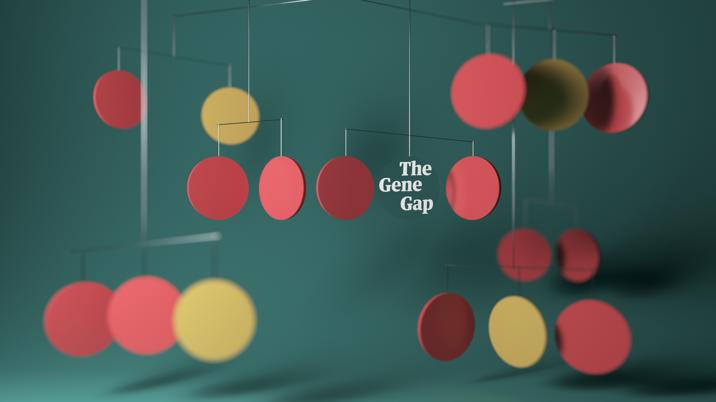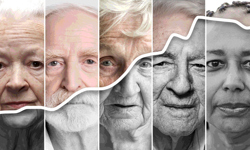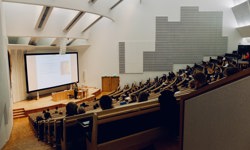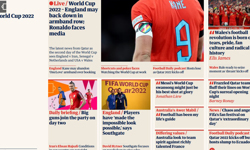
A new three-part podcast series and accompanying short film showcases a range of stories and experiences to help better inform, and challenge, our understanding of gene editing and offer new forms of storytelling in science and society, says The Guardian.
As opposed to hearing from the usual experts, a team travelled around the country to meet several different groups of people who may be affected by gene editing technology. This included insights from local farmers in Cumbria, young people in Manchester, mothers of children with additional needs in Hertfordshire, young science students in London, and people of black African and Caribbean origin in Birmingham.
These diverse perspectives are brought together in a series of three podcasts. The team, which includes audio producers, filmmakers, writers and academics, found that common threads of trust, power and identity ran through the conversations. From how our democracy functions and the role of scientists and industry, to fundamental questions about how we shape our societies and value the people within them.
Taking an artistic approach, filmmaker Marc Silver further explores some of the bigger questions raised by the conversations. His accompanying short film is a creative response to the discussions recorded for the podcast and uses fictional characters set in the near future to imagine where gene editing technology might lead us.
Lindsay Poulton, The Gene Gap project lead, Guardian News & Media, says: “The founding thoughts of The Gene Gap were about presenting new forms of storytelling in science, but the project also taught me a lot about the role of journalism. By turning to the public first, we heard about issues happening in the immediate context where this new technology is emerging: farmers worrying about their disconnect with the public; people of black African and Caribbean origin detailing historical accounts of abuse or how they were forgotten by society; and mothers looking for support for the most vulnerable among us. All of the stories opened up fascinating, meaningful discussions about science and society.”
You can listen to the podcasts, watch the video and join The Gene Gap debate here.












